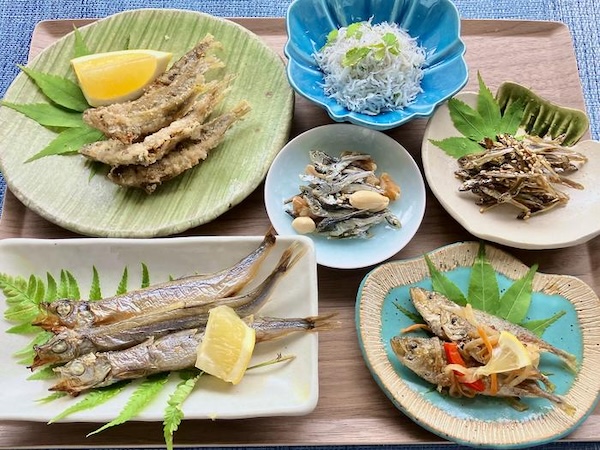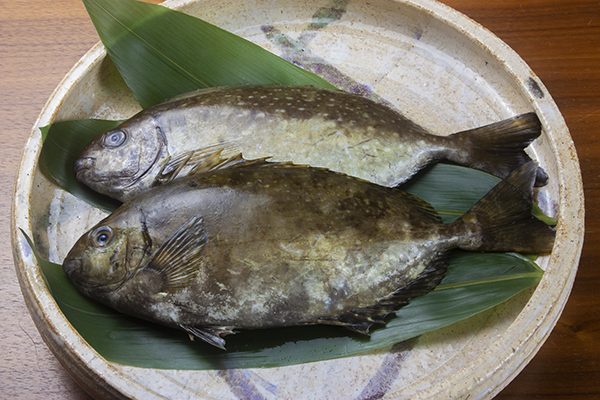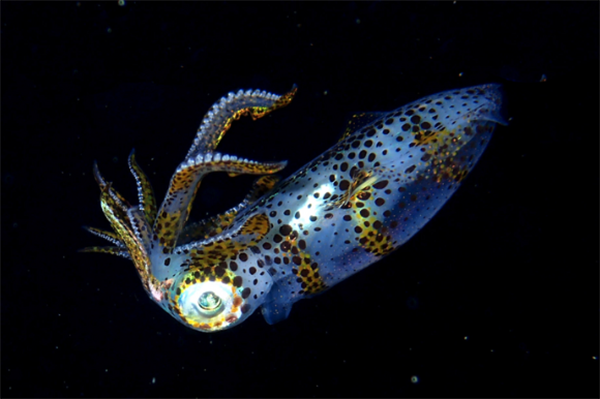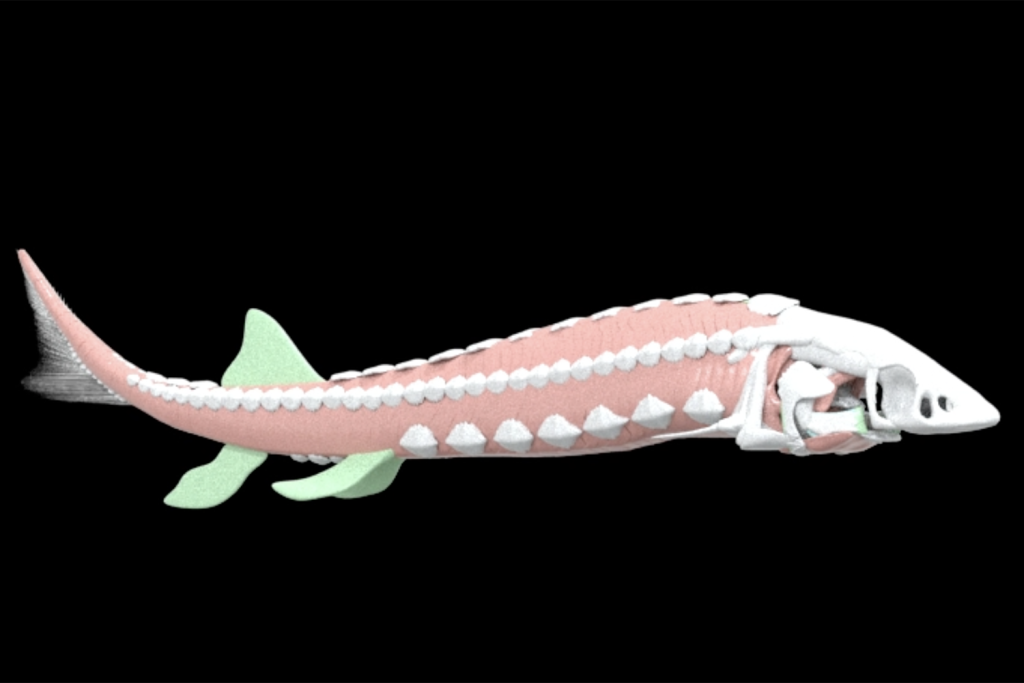Regularly eating small fish whole significantly reduces the risk of death from all causes and cancer in Japanese women

A new study has found evidence linking the intake of small fish, eaten whole, with a reduced risk of all-cause and cancer mortality in Japanese women. Conducted by researchers at Nagoya University Graduate School of Medicine in Japan, the study highlights the potential life-extending benefits of habitually eating small fish.
Japanese people habitually eat small fish, such as whitebait, Atlantic capelin, Japanese smelt and small dried sardines. Importantly, it’s common practice to consume small fish whole, including the head, bones, and organs, which are rich in micronutrients, such as calcium and vitamin A.
“Previous studies have revealed the protective effect of fish intake on health outcomes, including mortality risks. However, few studies have focused on the effect of the intake of small fish specifically on health outcomes,” said lead researcher Dr. Kasahara.
The research team studied how eating small fish affects death risk in 80,802 Japanese people aged 35 to 69. Participants reported their fish intake at the start, and researchers tracked them for about nine years. During this period, 2,482 participants died, with around 60 percent (1,495) of these deaths due to cancer.
“The habit of eating small fish is usually limited to several coastal or maritime countries, such as Japan,” said Dr. Takashi Tamura. “However, we suspect that the intake of small fish anywhere may be revealed as a way to prolong life expectancy. Further evidence is necessary to elucidate the potential role of the intake of small fish in mortality risk.”
Eat the whole fish: A discussion of culture, economics and food waste solutions
The study found that women who regularly eat small fish have a much lower risk of dying from any cause or cancer. Those who eat small fish 1-3 times a month, 1-2 times a week or 3 or more times a week had 0.68, 0.72 and 0.69 times the risk of all-cause mortality, and 0.72, 0.71 and 0.64 times the risk of cancer mortality, compared to those who rarely eat small fish.
Men showed a similar trend to women in lower risk of death from all causes and cancer when eating small fish, but the results weren’t statistically significant. The researchers suggest this could be due to having fewer male participants or other unmeasured factors like portion sizes. They also speculate that the types of cancer affecting men and women differently might play a role.
Although additional research is needed to explore this, the results are nonetheless promising. Previous studies have shown that small fish are an important and affordable source of nutrients, especially in developing countries with severe nutrient deficiencies. This study further supports the health benefits of including small fish in the diet.
“Small fish are easy for everyone to eat, and they can be consumed whole, including the head, bones, and organs,” said Kasahara. “Nutrients and physiologically active substances unique to small fish could contribute to maintaining good health. The inverse relationship between the intake of small fish and the mortality risk in women underscores the importance of these nutrient-dense foods in people’s diets.”
Now that you've reached the end of the article ...
… please consider supporting GSA’s mission to advance responsible seafood practices through education, advocacy and third-party assurances. The Advocate aims to document the evolution of responsible seafood practices and share the expansive knowledge of our vast network of contributors.
By becoming a Global Seafood Alliance member, you’re ensuring that all of the pre-competitive work we do through member benefits, resources and events can continue. Individual membership costs just $50 a year.
Not a GSA member? Join us.
Author
Tagged With
Related Posts

Responsibility
Can swapping red meat for a ‘forage fish’ diet save lives?
A study says adopting a forage fish diet could prevent up to 750,000 deaths from diet-related disease in 2050 and benefit the Global South.

Intelligence
Does rabbitfish farming offer a solution to food waste in Japan?
Japan’s aquaculture sector is turning to rabbitfish farming to find a solution to food waste and promote the benefits of farmed fish.

Innovation & Investment
Could squid aquaculture fill the gap from declining cephalopod stocks in Japan?
With declining squid populations, researchers in Japan have developed the first aquaculture system with potential for commercialization.

Intelligence
Can artificial intelligence help solve sturgeon farming riddles in Japan?
A collaborative initiative in Japan explores at how artificial intelligence could make sturgeon farming more predictable and caviar supplies steadier.



